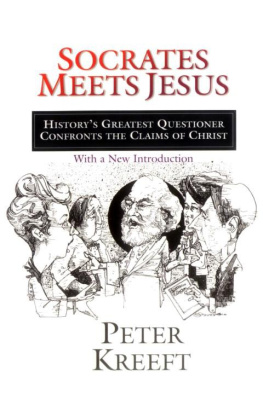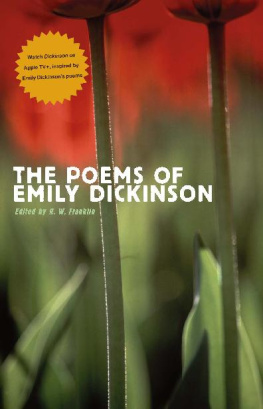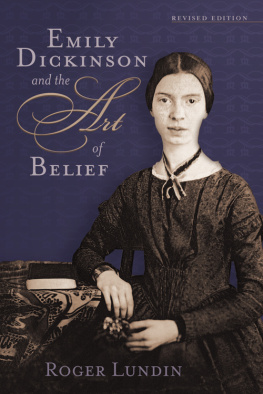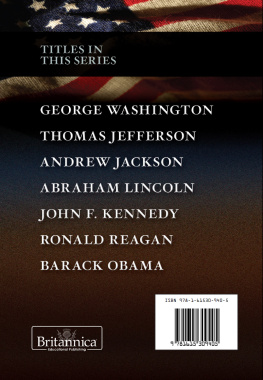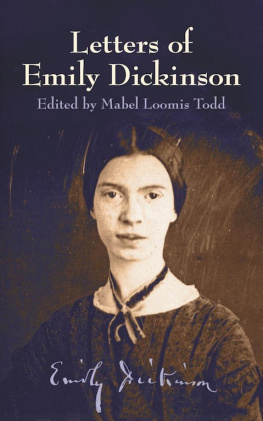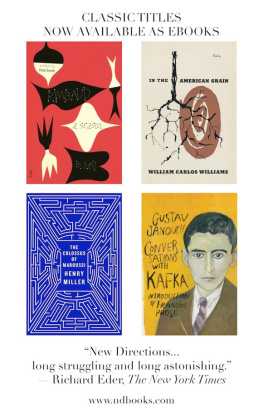L ike belief, doubt takes a lot of different forms, from ancient Skepticism to modern scientific empiricism, from doubt in many gods to doubt in one God, to doubt that recreates and enlivens faith and doubt that is really disbelief. There are also celebrations of the state of doubt itself, from Socratic questioning to Zen koans; there is the sigh of the world-weary, the distracted hum of the scientist, and the rant of the victimized. Yet with all this conceptual difference there is a narrative to tell here: doubters in every century have made use of that which came before. At other times, great notions of doubt have been reinvented in relative isolation from the original and in fascinating new forms. This is a study of religious doubt, all over the world, from the beginning of recorded history to the present day. The story builds and does so in the same erratic, wildly creative way that the history of belief does. Once we see it as its own story, rather than as a mere collection of shadows on the history of belief, a whole new drama appears and new archetypes begin to come into focus. Without having the doubt story sketched out as such, its hard to see how patterns of questioning have mirrored certain types of social change, for instance, and hard to identify doubts most enduring themes. There are saints of doubt, martyrs of atheism, and sages of happy disbelief who have not been lined up as such, made visible by their relationships across time, and given the context of their story.
Issues of belief and doubt tend to get into some very partisan ruts. Atheists tend to see believers as nave and dependent. Believers tend to see atheists as having abandoned themselves to meaninglessness, amorality and pain. To shake off these and other modern habits will take exercise. It may be useful to begin by taking ones own pulse on a handful of questionsa quizintended both to vitalize the issues by pulling them apart a bit and to help situate some readers among their peers. Answer Yes, No, or Not Sure.
The Scale of Doubt Quiz
Do you believe that a particular religious tradition holds accurate knowledge of the ultimate nature of reality and the purpose of human life?
Do you believe that some thinking being consciously made the universe?
Is there an identifiable force coursing through the universe, holding it together, or uniting all life-forms?
Could prayer be in any way effective, that is, do you believe that such a being or force (as posited above) could ever be responsive to your thoughts or words?
Do you believe this being or force can think or speak?
Do you believe this being has a memory or can make plans?
Does this force sometimes take a human form?
Do you believe that the thinking part or animating force of a human being continues to exist after the body has died?
Do you believe that any part of a human being survives death, elsewhere or here on earth?
Do you believe that feelings about things should be admitted as evidence in establishing reality?
Do you believe that love and inner feelings of morality suggest that there is a world beyond that of biology, social patterns, and accident i.e., a realm of higher meaning?
Do you believe that the world is not completely knowable by science?
If someone were to say, The universe is nothing but an accidental pile of stuff, jostling around with no rhyme nor reason, and all life on earth is but a tiny, utterly inconsequential speck of nothing, in a corner of space, existing in the blink of an eye never to be judged, noticed, or remembered, would you say, Now thats going a bit far, thats a bit wrongheaded?
If you answered No to all these questions, youre a hard-core atheist and of a certain variety: a rationalist materialist. If you said No to the first seven, but then had a few Yes answers, youre still an atheist, but you may have what I will call a pious relationship to the universe. If your answers to the first seven questions contained at least two Not Sure answers, youre an agnostic. If you answered Yes to some of the questions, you still might be an atheist or an agnostic, though not of the materialist variety. If you answered Yes to nine or more, you are a believer. But more than providing titles for various states of mind, the questions above may serve to demonstrate common clusters of opinion.
In the Eastern hemisphere of the planet, we find powerful and extraordinarily popular religions that did not posit a God or gods. In the West most religious doubt must be categorized as oppositional: in recorded history, belief in God or gods has been the norm and those who questioned or rejected the idea generally did so under at least some constraint. Of course, in every tradition of theistic belief there are records of questioning, doubt, and disbelief. In fact, the great religious texts are all a terrific jumble of affirmation and denial, and the greatest of them record valiant efforts to reconcile these impulses: in the Hebrew Bible, Job rants at God, and Augustine, the early Church Father, tears at his hair in his Confessions, beset by doubts. Whether you are a non-believer, or you belong to a religion without God, or you are a believer troubled by dark nights of the soul, we are all part of the same discussion. This is because, whatever our position may be, we all have the same contradictory information to work with. Sometimes it feels like there is a God or ultimate certainty, and it would be a great comfort if such a thing existed and we knew the answers to lifes ultimate mysteries: who or what created the universe and why; what is human life for; what happens when I die? But there is no universally compelling, empirical, or philosophical evidence for the existence of God, a purposeful universe, or life after death.
Some people may be tone-deaf to the idea of evidence, some may be tone-deaf to the feeling that there is a higher powerwe must forgive them each their failing. But there is also a tradition by which both sides refuse to engage the interesting questions: believers refuse to consider the reasonableness of doubt, and nonbelievers refuse to consider the feeling of faith. Believers value the sense of mystery human beings can feel when they look inward or beyond; nonbelievers value the ability to map out the world by rational proofs. Yet there is a kind of mutual blindness, as if personal affiliation with one camp or another means more than does interest in the truth. These refusals to consider the opposing viewpoint are in some ways the result of recent history, a still-warm turf war between science and religion that got out of hand. A little historical context does the most to counteract this, but before launching into the narrative, I offer two interpretive ideas: A Great Schism and Patterns of Doubt. These discussions are distinctly open to the doubting interpretation. This is, after all, doubts story.
A GREAT SCHISM
Great believers and great doubters seem like opposites, but they are more similar to each other than to the mass of relatively disinterested or acquiescent men and women. This is because they are both awake to the fact that we live between two divergent realities: On one side, there is a world in our heads and in our lives, so long as we are not contradicted by death and disaster and that is a world of reason and plans, love, and purpose. On the other side, there is the world beyond our human lifean equally real world in which there is no sign of caring or value, planning or judgment, love, or joy. We live in a meaning-rupture because we are human and the universe is not.


